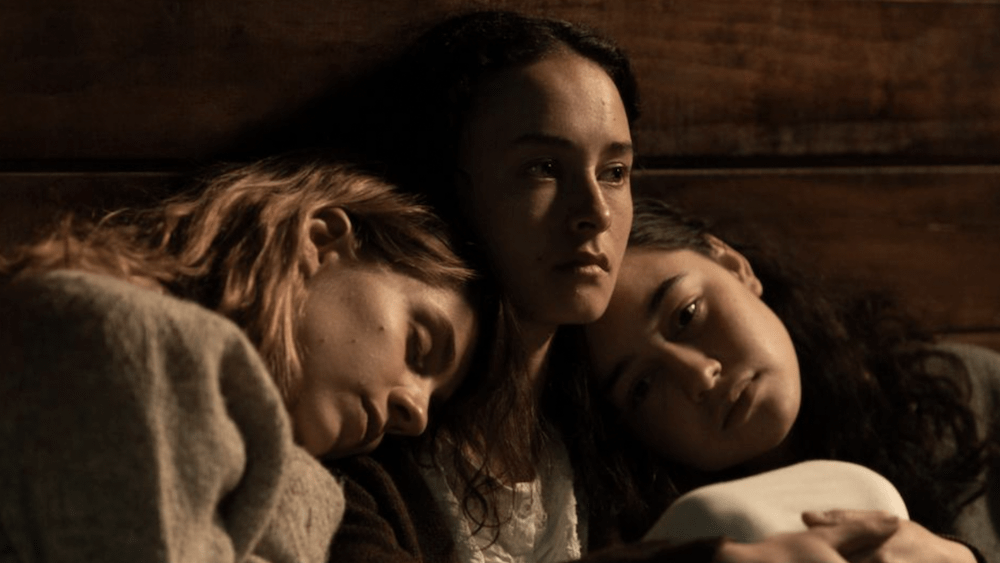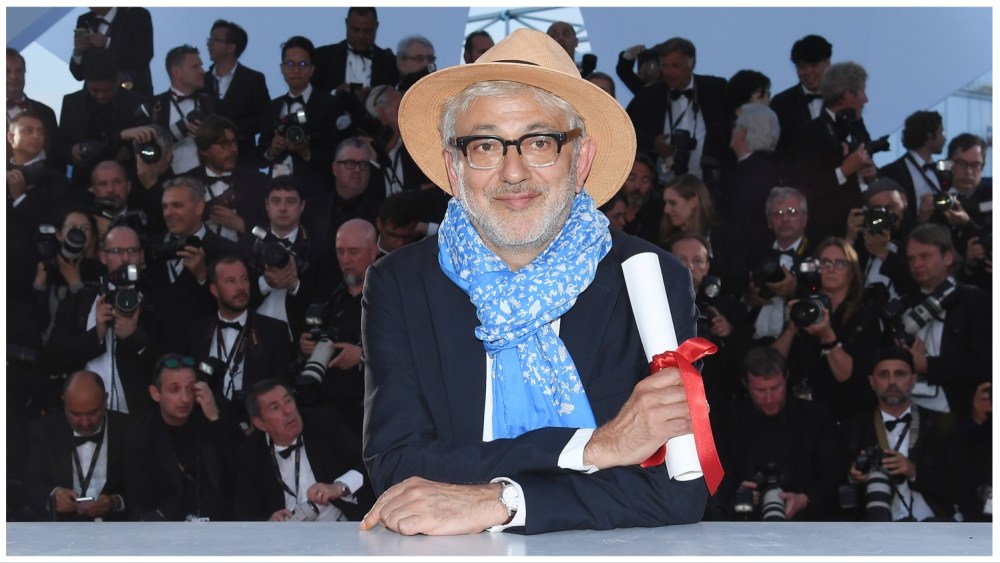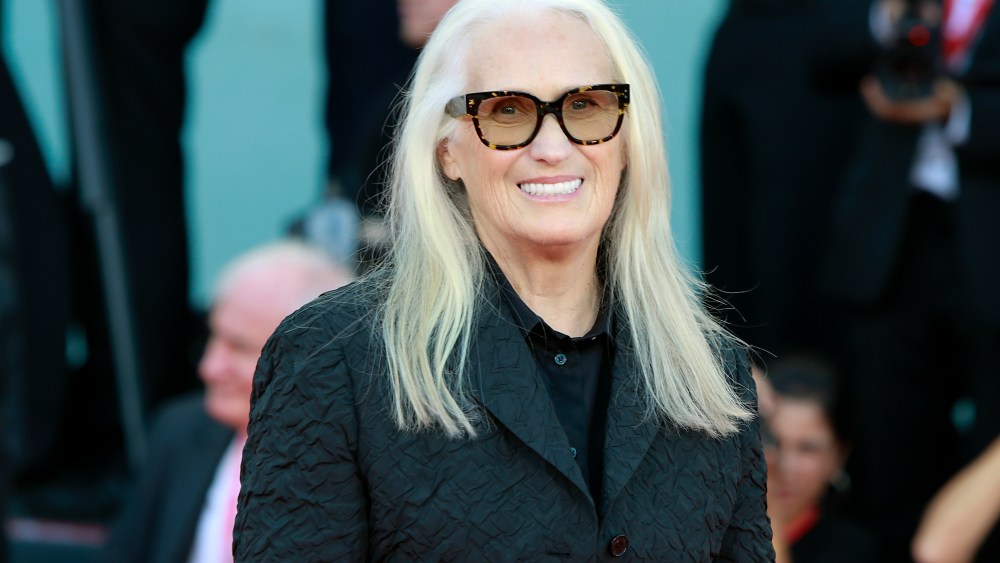The film “We Were Dangerous” sheds light on the issue of eugenics in 1950s New Zealand, produced by Taika Waititi, Carthew Neal’s Piki Films. It portrays the sterilization of young women with an unexpected touch of humor. The writer, director, and producer of the film, Maddie Dai, Josephine Stewart-Te Whiu, and Morgan Waru respectively, play pivotal roles in creating a heartfelt tone throughout the movie.
Based on Dai’s own family history, the film delves into the treatment of marginalized groups in New Zealand. The focus on teenage girls escaping their circumstances and the bond of female friendship in the face of dark historical contexts drive the narrative.
Stewart-Te Whiu’s personal connection to the story, rooted in her father’s upbringing in state care schools, adds depth to the film. The emphasis on multi-dimensional female characters and their stories resonated with her, leading to a collaboration that brought the movie to life.
Although the film is a work of historical fiction, it draws inspiration from the rise of eugenics supporters in New Zealand in the early 20th century. It does not portray sterilization as a widespread phenomenon but rather explores themes of how vulnerable populations on the fringes of society have been treated historically.
“We Were Dangerous” also incorporates real-life pro-eugenics and sterilization literature to underscore the gravity of the situation depicted in the film. By referencing actual documents like “The Fertility of the Unfit,” the movie amplifies the high stakes faced by its characters, giving added importance to the bond of friendship showcased throughout the narrative.






